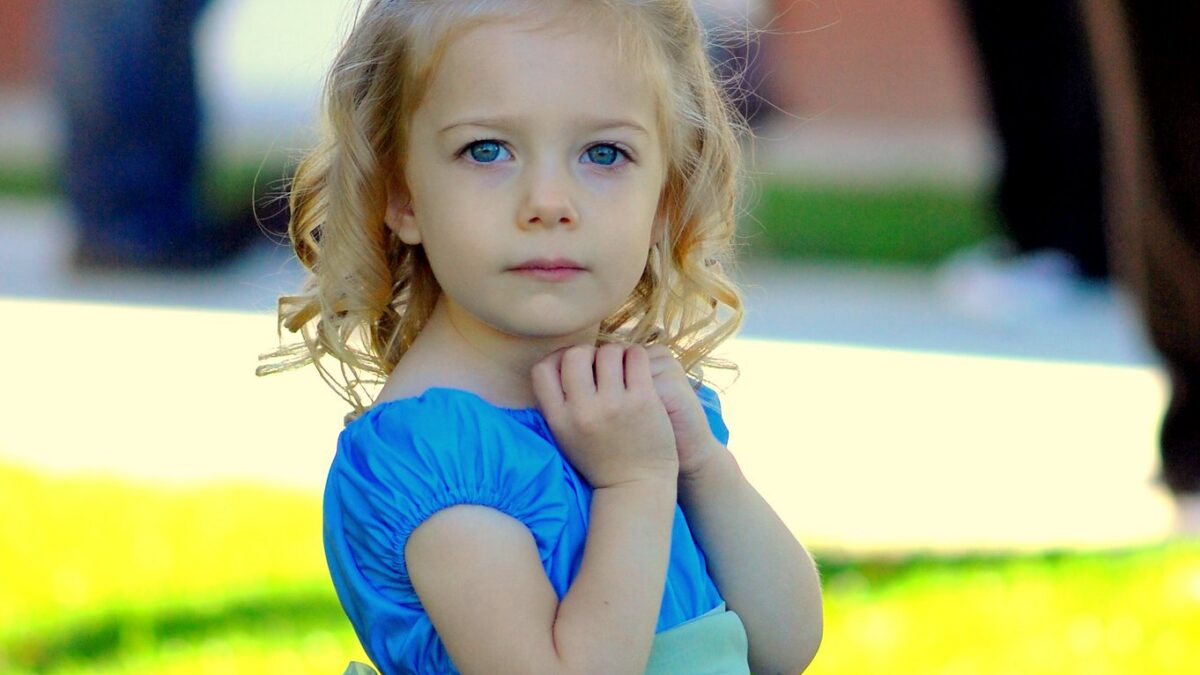
There’s so much to love about a good wedding. Between the mountainous cake, the glamorous decorations, and most importantly, the bride and groom holding back tears as they take their solemn vows, weddings are quite a scene to behold. Life rarely provides more beautiful moments.
The beauty of marriage extends far beyond the wedding day. In fact, strong marriages improve nearly every area of life, securing the financial, emotional, and educational well-being of the people they unite and the children they bring into the world.
The passage of time hasn’t changed any of that. As we commemorate National Marriage Week, we should take a moment to reflect on the pivotal role marriage plays in creating a healthy society, and what happens when that role is neglected.
Not all married parents have children, but all children have parents. Whether those parents are married to each other affects a child’s well-being in many ways.
Marriage Protects Children
Less than 11 percent of American children with married parents live below the poverty line, compared to 19 to 50 percent of children with various other family structures. Sadly, a majority of American children are in the latter group. Children with married parents also perform better in school, as they earn higher GPAs, are less likely to be suspended, and are more likely to finish college.
Further, children raised without married parents are more likely to abuse drugs, be incarcerated, and engage in promiscuous behavior that leads to teen pregnancy. The Heritage Foundation estimates that the total damages of divorce and unwed childbearing cost taxpayers more than $110 billion per year. As Ryan T. Anderson observed, “marriage serves the ends of limited government more effectively, less intrusively, and at less cost than does picking up the pieces from a shattered marriage culture.”
Marriage has been consistently declining for 60 years in the United States. While some secular liberals, such as Vox co-founder Matthew Yglesias, have tried to deny that this is a problem, such arguments share a central flaw: They ignore the needs of the child.
Every child deserves to live with a married mother and father who love their child and are committed to each other. Parents play an irreplaceable role in helping their children learn proper discipline and moral values, taking their child to extracurriculars that strengthen persistence and teamwork skills, and much more. The data clearly show that married parents are best able to provide these numerous benefits.
But as informative as that data is, for millions of children, this is not about statistics or bar graphs. This is about deep emotional wounds that can last a lifetime. In one moving testimony, Stephanie Martinez writes about living through her biological mother’s second divorce:
I remember holding my three youngest siblings (7, 5 & 3 at the time) in my arms while they cried because their dad wasn’t coming. He was never on time. He was always hours late if he showed at all. He broke promises over and over again … I never felt like my parents cared about me or loved me. I found it hard to care for myself. I was drinking, partying, hooked on drugs, and not going to school. I moved out at 16 and spent some time living in my car. I had my anger and pain that I was trying to self-medicate and avoid.
Countless people have heartbreaking childhood stories like Martinez’s, and they aren’t the only victims of the marriage crisis. Nearly everyone has a close friend or family member who had a child out of wedlock or went through a divorce, and many are wounded, wrestling with feelings of abandonment, regret, or shame.
Unconditional Love Required
Just as the pro-life movement showers love on post-abortive women, pro-marriage advocates must also shower love on parents who—for various reasons—have not provided their children the ideal family structure. There is nothing mutually exclusive about advocating for the sanctity of life and matrimony while loving parents who have been victimized or may have made mistakes. The path of unconditional love will best help us reach our goals.
Secular liberalism pushes abortion and neglects marriage under the guise of “liberty.” But as the science and the data show, this “liberty” is harmful and full of empty promises.
Christian conservatives are well-positioned to respond to this counterfeit liberty with true love. It’s a love that protects the rights of children, the most vulnerable among us. It’s a love that embraces the victims of the marriage crisis as loving family members, as foster parents, and as courageous advocates in the public square. It’s a love that leads by example, moving us to love our spouses as Christ loved His bride, the church.
We don’t need to argue people into marriage. The powerful desire for marriage is already embedded in the human heart because God put it there. We need only to celebrate and support marriage as a uniquely good gift. If we draw people’s attention to that simple reality, we’ll be well on our way to stemming the decline of marriage and rebuilding a society where love reigns supreme in every home.









